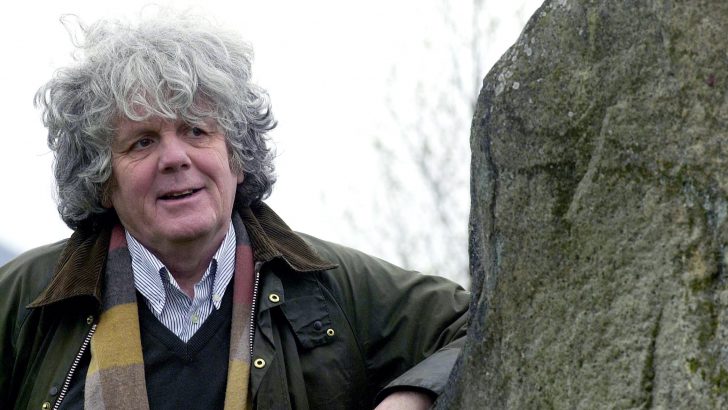John Moriarty: Not the Whole Story
by Mary McGillicuddy (Lilliput Press. €20.00)
John Moriarty has published some fascinating books. Written in a baroque style, they are dotted with quotations from the classics of world literature. They also include numerous allusions and references to a wide variety of civilisations, cultures, mythologies, philosophies, religions and the great minds of science. As a result, Moriarty is a difficult read. But this excellent biography is an admirable key to fully appreciating John Moriarty’s wisdom and profound thought.
There is a curious analogy between John and John O’Donoghue of Anam Cara fame. Both tended to ‘think outside the box’, both weaved their life-experiences into their lecturing and writings, both were more at one with spirituality than with religion, both emphasised the inadequacy of religion and science to explain reality and both were charismatic speakers. Also, in their philosophising they never strayed far from ruminating on their respective Irish Catholic rural backgrounds.
John was born in Moyvane, a village near Listowel, in Co Kerry, on February 2, 1938. He was educated at the local national school and St Michael’s College. Subsequently he qualified as a primary school teacher at St Patrick’s Teacher Training College in Dublin.
Generous gift
After a year teaching he was enabled by a remarkably generous gift from his father to attend and graduate from UCD. He secured a post in an English Catholic boarding-school. Finding the extremely formal atmosphere of the school stultifying, he left within a year. He decamped to Greece and spent a year visiting the monuments and other vestiges of the country’s ancient classical civilisation.
Owing to a chance meeting, he secured an appointment as a lecturer in the philosophy department in Leed’s University. A few years later in curiously similar circumstances he was invited to join the English department in the University of Manitoba in Winnipeg in Canada. He was fascinated by the pre-history and civilisation of the native tribes of North America and after a long summer holiday in Mexico he immersed himself in the culture and pre-history of the Aztecs.
After six years in Canada, John realised that the only life in which he would be comfortable was a life of contemplation – the intellectual life. He settled in Inisboffin, an island off the coast of Connemara. A year later he transferred to a cottage situated in an idyllic setting on the mainland. He worked in a local hotel and was employed as a gardener.
A popular figure, he was a valued member of the local community, although some of his neighbours considered that there was ‘a bit of a want in him’. Within a few years, however, he suffered the ‘Night of the Soul’, so eloquently described in the writings of Sts John of the Cross and Teresa of Avila. He sought and received solace in the Carmelite monastery in Oxford.
In 1984 back in Connemara the trajectory of his life changed utterly. He met Fr John O’Donoghue, director of adult education in the diocese of Galway, who invited him to give a talk. So successful was the talk and others that followed that he became a feature on the local lecture circuit.
O’Donoghue also introduced him to Andy O’Mahony of RTÉ who interviewed him. The interview gave him entry to the national radio and TV studios and he gained widespread recognition. In turn this facilitated the publication of his writings which was always to be something of a challenge. In the event, while his books received critical acclaim, they tended to mystify the average reader.
From the time, when aged 17, he read Darwin’s The Origin of Species, John was on a metaphysical quest. Mary McGillicuddy’s description of his last days and hours makes it clear that John was successful in his quest at the very end on June 1, 2007.


 John Moriarty pictured at home in Killarney, Ireland in 2006.
Photo: Don MacMonagle
John Moriarty pictured at home in Killarney, Ireland in 2006.
Photo: Don MacMonagle 